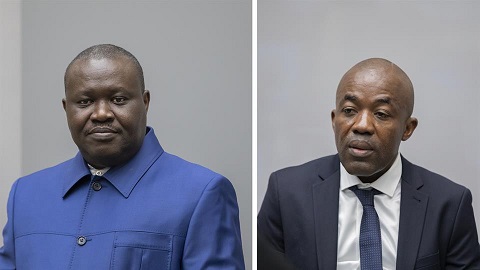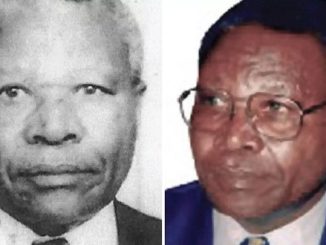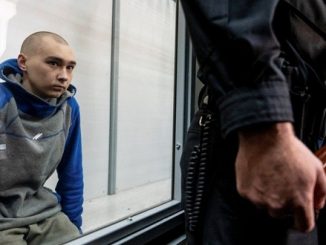
September 30, 2021
Venue
Online
The International Criminal Court Chamber found that there are substantial grounds to believe that, between September 2013 and December 2014, an armed conflict not of an international character was ongoing in the territory of the Central African Republic between the Seleka and the Anti-Balaka, both constituting organised armed groups at that time; and that the Anti-Balaka carried out a widespread attack against the Muslim civilian population, perceived – on the basis of their religious or ethnic affiliation – as complicit with, or supportive of the Seleka and therefore collectively responsible for the crimes allegedly committed by them.
With regard to M. Yekatom, the Chamber concluded that there are substantial grounds to believe that he is responsible for: (i) the war crimes of murder, cruel treatment, torture, directing attacks against the civilian population, directing attacks against a building dedicated to religion, conscription, enlistment and use of children under the age of 15 years to participate actively in hostilities, and displacement; and (ii) the crimes against humanity of murder, deportation, forcible transfer of population, imprisonment and other forms of severe deprivation of physical liberty, torture, persecution and other inhumane acts. The alleged crimes were committed in various locations in the CAR (Bangui, including Cattin; Boeing; Yamwara School and the PK9-Mbaiki Axis). The Chamber found that there are substantial grounds to believe that M. Yekatom has committed the above-mentioned crimes jointly with others or through other persons or, in the alternative, has ordered the commission of these crimes.
With regard to M. Ngaissona, the Chamber concluded that there are substantial grounds to believe that he is responsible for: (i) the war crimes of directing attacks against the civilian population, murder, torture, cruel treatment, rape, directing attacks against buildings dedicated to religion, displacement of the civilian population, destroying the property of an adversary, pillaging; and (ii) the crimes against humanity of murder, deportation, forcible transfer of population, imprisonment and other forms of severe deprivation of physical liberty, torture, rape, persecution and other inhumane acts. The alleged crimes were committed in various locations in the CAR (Bangui, including Cattin; Boeing; Yamwara School; Bossangoa and the PK9-Mbaiki Axis). The Chamber found that there are substantial grounds to believe that M. Ngaissona aided, abetted or otherwise assisted in the commission of the above-mentioned crimes or, in the alternative, has contributed in any other way to their commission by a group of persons acting with a common purpose.
World Justice News will show the Alfred Yekatom and Patrice-Edouard Ngaissona Trial free. Click here to see the live court stream schedule for the day.






Be the first to comment